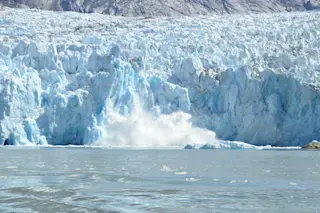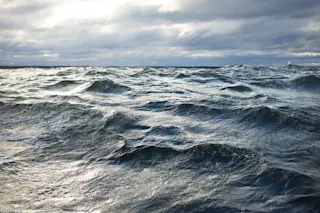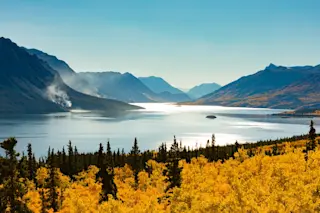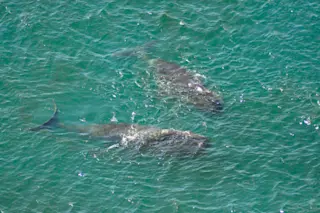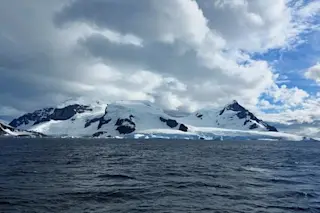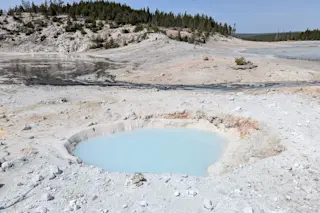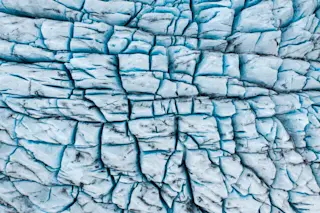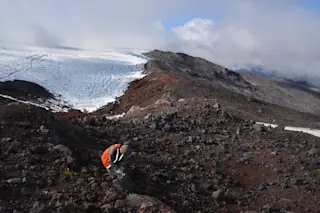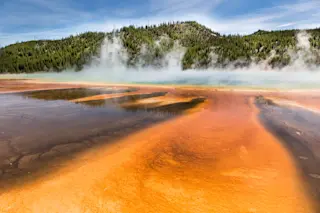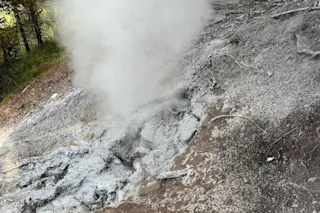Our climate is changing. The data is clear that over the past century, and especially over the last few decades, the Earth's global climate is getting hotter. This change is caused by humans adding carbon dioxide to the atmosphere at a rate far faster than anything in the past few million years ... and all that carbon dioxide is coming from burning hydrocarbons that locked up ancient carbon into the crust.
In the middle of all this are the Earth Sciences. As a discipline, we find ourselves in the strange position of having a role in causing, finding and solving this climate change. We can also help in answering the questions about what impacts climate change might have on the planet and society. How do best approach this duty?
First off, we have to admit the role our discipline played in our climate crisis. The very first geologic map, made ...


